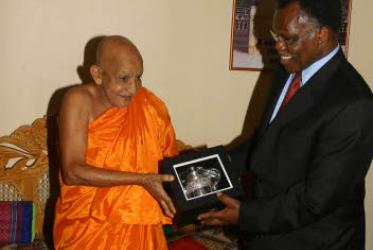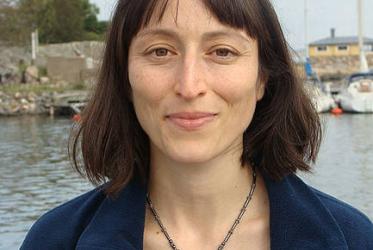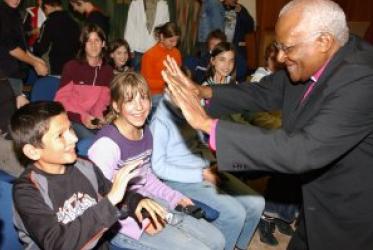Displaying 1461 - 1480 of 1482
10 December 2008
Global food crisis has a spiritual dimension, says Kobia
24 November 2008
Food price crisis: What does it mean? What can we do about it?
19 November 2008
Mental health is a community issue
10 October 2008
WCC executive committee meets and approves budget and statements
30 September 2008
Women in Christian-Muslim dialogue want to break down stereotypes
22 September 2008
Women and youth break the cycle of violence in Indonesia
04 August 2008
WCC to attend Madrid interfaith conference
15 July 2008
WCC delegation visits Christians in the UAE
22 April 2008
The passing of Krister Stendahl, an eminent ecumenist
18 April 2008
Danish churches to dialogue with Muslims
10 April 2008
















